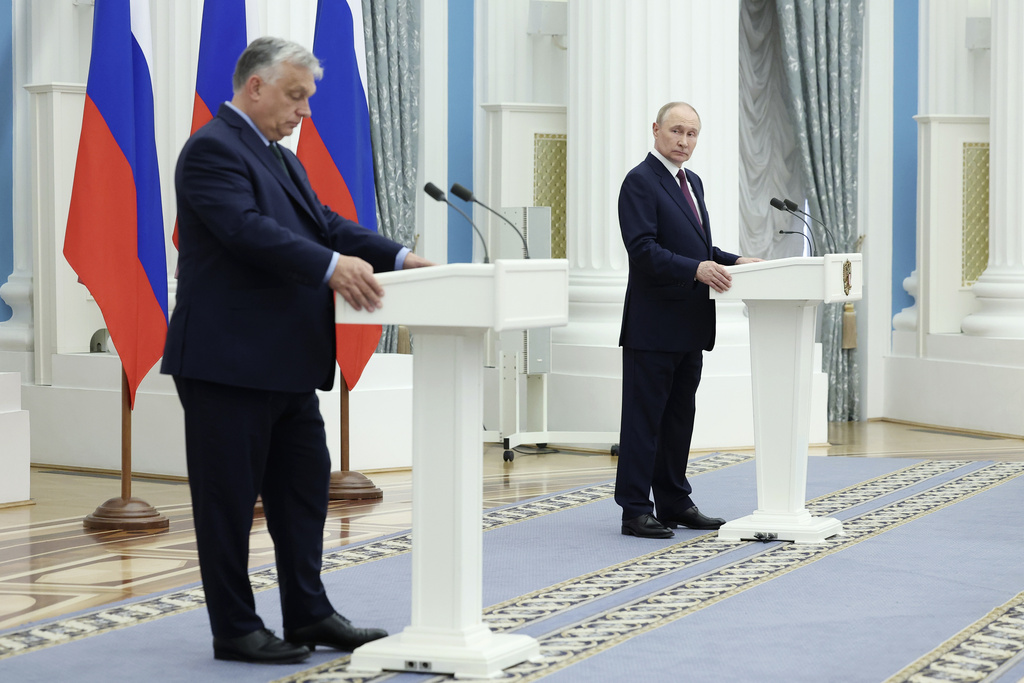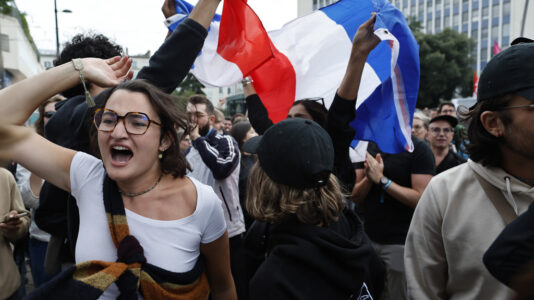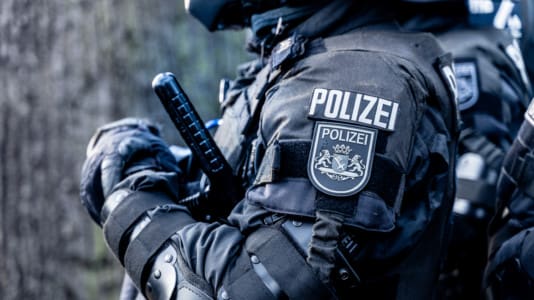EU ambassadors will convene on Wednesday to examine the foreign visits of Hungarian Prime Minister Viktor Orbán, following a proposal submitted by Poland.
Orbán, who describes his travels as “peace mission 3.0,” has visited key global cities including Kyiv, Moscow, Beijing, and Washington for a NATO summit.
According to RMF FM, a commercial radio station, the concern among EU member states is growing regarding Orbán’s self-assigned role, which has not been officially designated to him.
A European diplomat emphasized in a discussion that it should be clear that Orbán represents only Hungary in his activities. Additionally, there are voices from Brussels suggesting that Orbán intentionally leaves ambiguities in his statements, notably by prominently displaying the Hungarian presidency logo on social media to imply he is speaking on behalf of the EU in places like Moscow or Beijing.
Following the recent expressions of concern about Orbán’s peace efforts within the EU, Hungary suggested dedicating Wednesday’s meeting specifically to discussing these visits. However, the ambassadors aim to broadly discuss Hungary’s role during its presidency — not just the Hungarian leader’s travels.
The German newspaper Süddeutsche Zeitung wrote on Tuesday that it is not ruled out that at least some governments will raise the issue of the possibility of taking away Hungary’s six-month presidency of the EU Council, which the country took over on July 1. According to the newspaper’s sources, “it is not yet a realistic scenario, but Wednesday’s meeting can certainly be a ‘warning shot’ for Budapest.”
Sources from RMF FM indicate that Wednesday’s meeting might only be a precursor to more tension, especially with the impending discussions in two weeks regarding the over €6 billion blocked by Budapest meant for arming Ukraine.
In an interview with Germany’s Bild, Viktor Orbán explained that his journey aims to foster peace in Ukraine. He believes it is time to shift “from a policy of war to a policy of peace,” warning that the coming months on the front will be “far more brutal than we can imagine.”
He noted that a combination of factors, including new advanced weaponry from the West that has arrived in Ukraine, will mean high casualties on both sides.
He noted, “there is more weaponry, and the Russians are more determined, thus the energy of confrontation, the death toll, and the number of casualties will be far more brutal than in the last seven months.”






